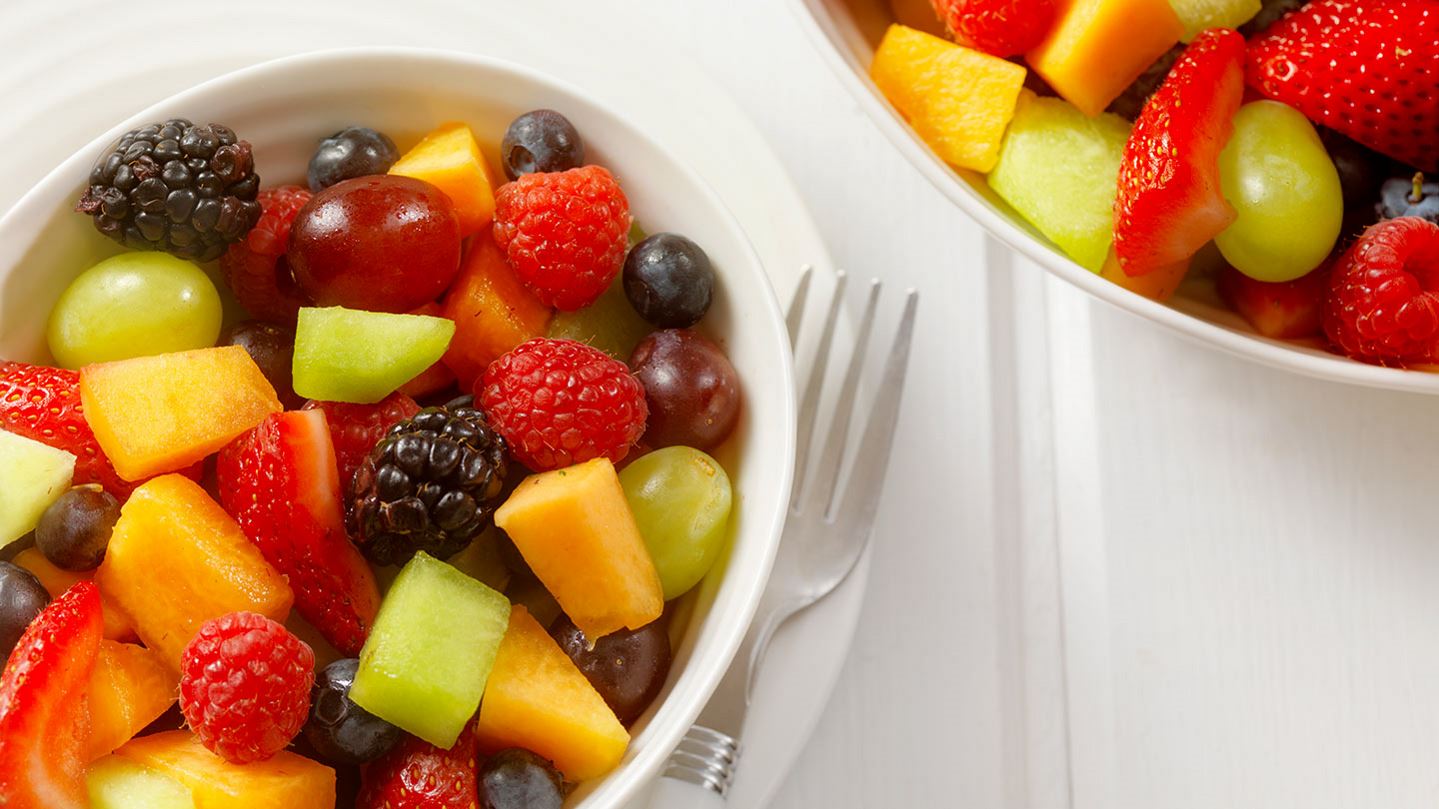
Fresh Whole Prepared Fruit and Vegetable Products
Food items: Alfalfa sprouts, Apples, Apricots, Artichoke, Asparagus, Aubergine, Avocado, Bananas, Bean sprouts, Beetroot, Blackberries, Broad beans, Broccoli, Brussels sprouts, Cabbages, Cauliflower, Carrots, Celery, Cherries, Chicory, Courgettes, Cranberries, Cucumber, Cumquats, Fennel, Garlic, Gooseberries, Grapefruit, Grapes, Green berries, Guava, Kale, Kiwi fruit, Leek, Lemons, Lettuces, Limes, Lychees, Mandarins, Mango, Mangosteen, Marrow, Melon, Mixed fruit salads, Mixed vegetable salads, Mulberries, Nectarines, Onions, Oranges, Papayas, Parsnips, Passion-fruit, Peaches, Peas, Peppers, Pineapple, Plums, Potatoes, Prickly pear, Radish, Rambutans, Raspberries, Rhubarb, Rocket, Shallot, Spinach, Star apples, Strawberries, Sweetcorn, Swede, Tomatoes, Turnip, Water chestnuts, Water cress, Watermelon, Yams, other items
Recommended gas mixture
5% O2
5% CO2
90% N2
The gases and mixtures listed above are for general guidance. To identify the optimum gas for your product and process, we recommend you undertake a product trial, with the help of an Air Products MAP gas specialist.
Storage temperature
Legal maximum*: 8° C
Recommended: 0° C to +3° C
Achievable shelf-life
In air: 2-7 days
In MAP: 5-35 days
Principle spoilage organisms and mechanics
Pseudomonas species (in air), Lactic acid bacteria, Erwinia species, Enterobacteriaceae, yeasts and moulds, Enzymic browning, moisture loss
Food poisoning hazards include
Clostridium species, Salmonella species, Staphylococcus aureus, Listeria monocytogenes, Bacillus species, E.coli and E.coli 0157.
Typical MAP machines
Retail
• TFFS – Thermoform-fill-seal
• PTLF – Preformed tray and lidding film
• HFFS – Horizontal form-fill-seal
• VFFS – Vertical form-fill-seal
Typical types of package
Retail: Tray and lidding film, Tray inside pillow pack, pillow pack
Examples of typical MAP materials
Retail
Tray:
• UPVC/PE
• HDPE
Lidding and/or pillow pack film:
• OPP
• OPP/PE
• EVA
• MP
• MPOR
The principal spoilage mechanisms affecting whole and prepared fresh fruit and vegetable products are microbial growth, enzymic browning, and moisture loss.
MAP which results in depleted O2 and/or enriched CO2 levels is very effective at inhibiting these spoilage mechanisms, as well as:
• reducing respiration
• delaying ripening
• decreasing ethylene production and sensitivity
• retarding textural softening
• reducing chlorophyll degradation
• alleviating physiological disorders
Unlike other chilled perishable foods that are MA packed, fresh fruit and vegetables continue to respire after harvesting and any subsequent packaging must take this into account. The products of aerobic respiration are CO2 and water vapour (whereas fermentation products such as ethanol, acetaldehyde and organic acids are produced during anaerobic respiration). Respiration is affected by numerous intrinsic properties of fresh produce as well as various extrinsic factors but, generally speaking, the Achievable shelf-life of MA packed produce is inversely proportional to respiration rate. The depletion of O2 and enrichment of CO2 are natural consequences of the process of respiration when fresh fruit or vegetables are stored in an hermetically-sealed package. Such modification of the atmospheric composition results in a decrease in the respiration rate of plant material. If produce is sealed in an impermeable film, inpack O2 levels will fall to very low concentrations where anaerobic respiration will be initiated. Anaerobiosis is usually associated with undesirable odours and flavours and a marked deterioration in product quality.
* The Food Safety (Temperature Control) regulations 1995 states that the maximum Storage temperature for chilled perishable foods is 8°C. There will be flexibility to vary this when scientifically justified. For legal temperature storage requirements, please contact the Campden BRI.